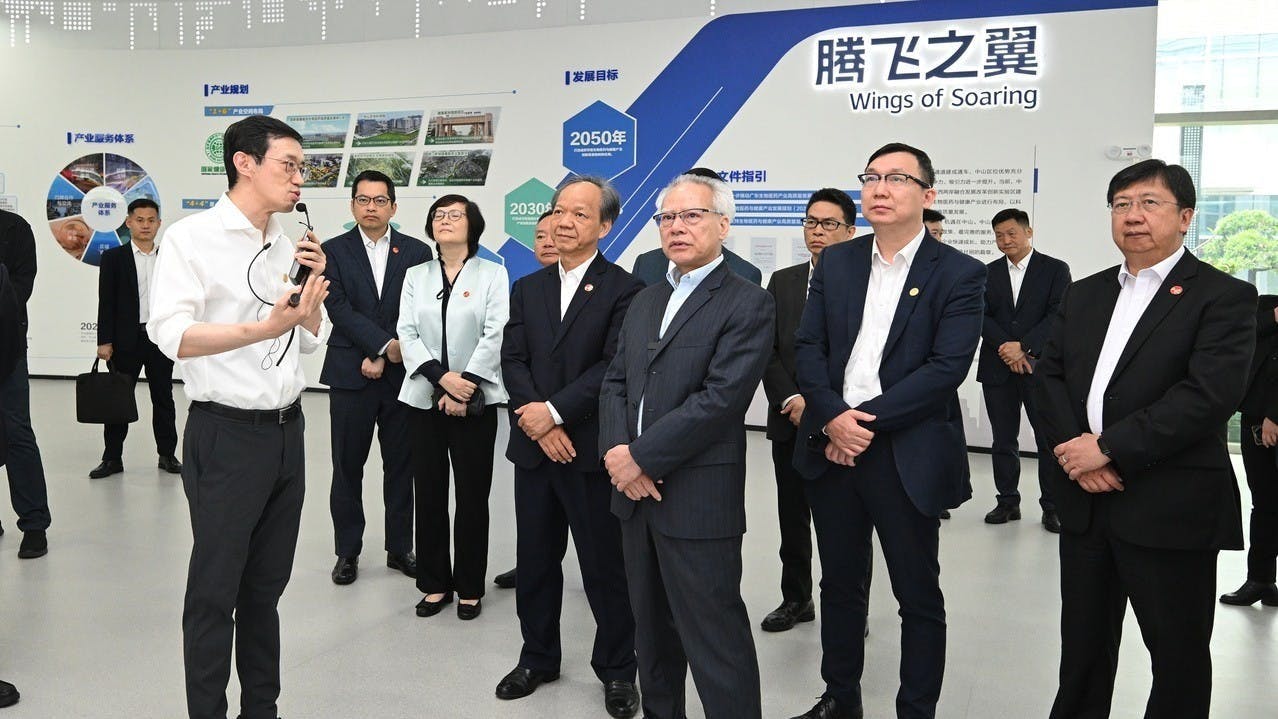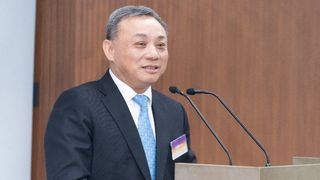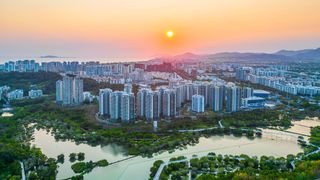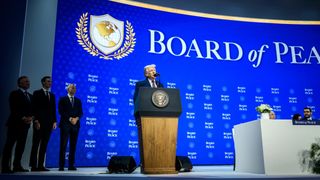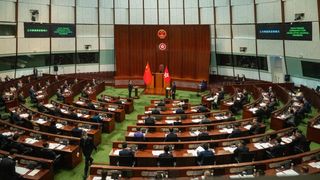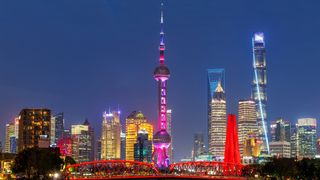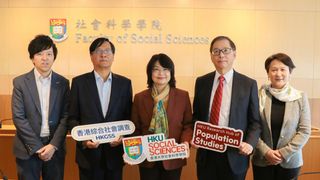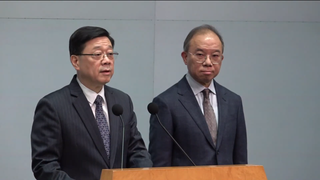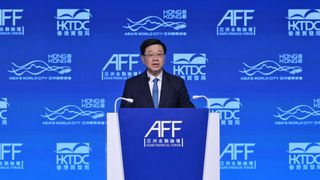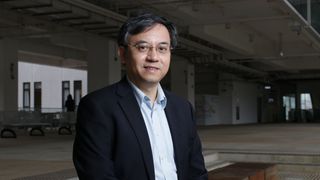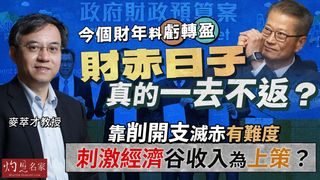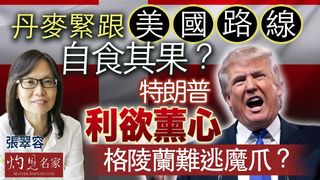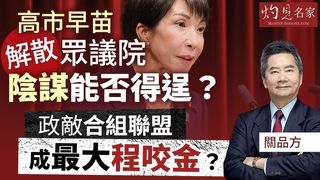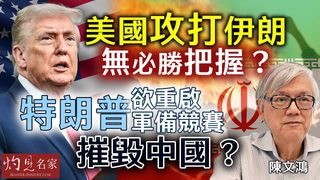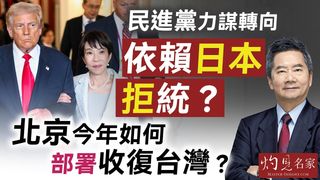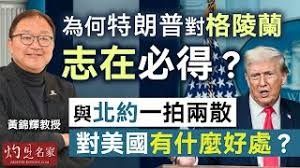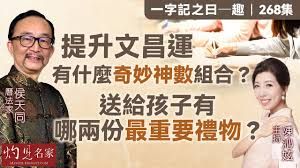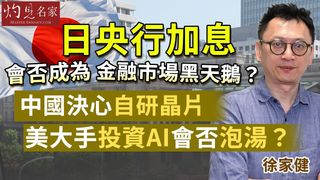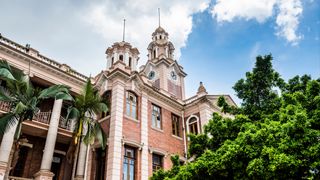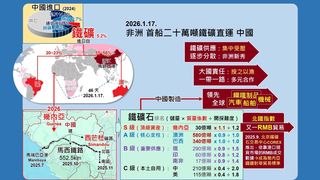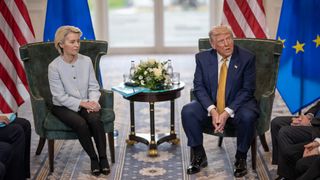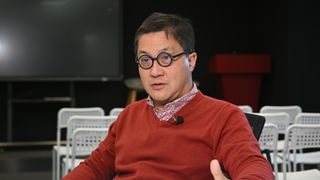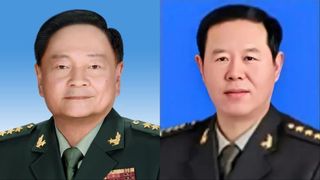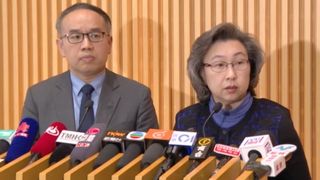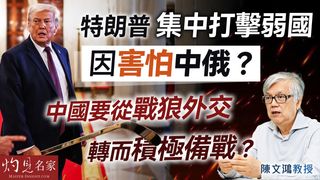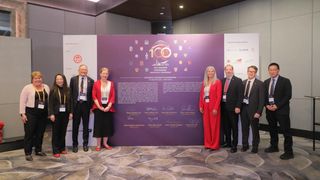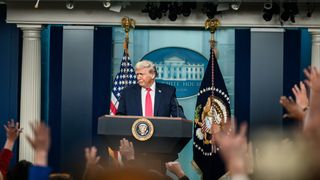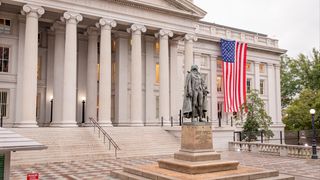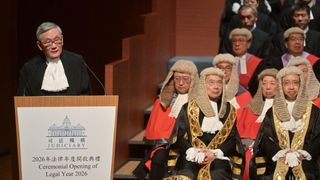在行政長官岑浩輝領導下,澳門政府已經制定了新的施政目標,但這些新目標能在多大程度上實現,將取決於公務員制度改革的內容,其中目標設定、在職培訓和績效考核將可能成為塑造澳門施政能力的決定性因素。
4月27日,岑率領政府代表團訪問大灣區三市前,出席以「機遇澳門」為題的記者會,並發表了重要講話。這場記者會招待了逾百位來自北京、廣東、香港和澳門的記者,場面相當壯觀。
抓住深改契機 推動四大工程
首先,澳門五年規劃要抓住中央深化改革的黃金機會。因此,澳門必須發揮其獨特性和區域優勢,將自身定位為經濟多元化、實現四大工程的重要平台、基地和中心。
這四個項目包括投資200億元在橫琴深度合作區建設大學校區,澳門大學的新校園正在建設中,是這方面的首次嘗試。深度合作區國際教育中心建設將分幾個階段推行。從長遠來看,國際教育中心將有助為休閒旅遊產業培養更多高技能人才。
第二個計劃是充分利用澳門半島和氹仔島之間的地理空間,興建澳門博物館、澳門文化中心和國際當代藝術中心,推動澳門成為國際旅遊文化區。這些方案均以中華文化和歷史為主流元素,融合澳門東西方文化,這批項目共須投資120億澳門元,並將於未來兩至三年招標。
第三個項目是澳門國際機場擴建工程,投資額為60億澳門元,包括完善國際機場起降區等硬件設施。主要構思是將國際機場打造成珠三角西部地區的重要平台和中轉站,與珠海國際機場對接,使兩個機場在完善物流供應鏈、發展跨境電子商務、協調高效運輸網絡等方面實現優勢互補。
第四個計劃將爭取境內外研發企業在深度合作區設立基地和分支機構。發展模式及其細節將在稍後敲定。
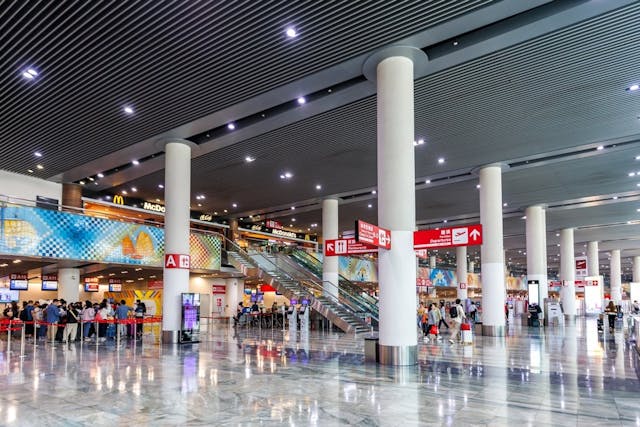
訪問灣區三市 冀實現合作共贏
為了讓澳門將更充分融入大灣區和內地,實現經濟多元化,岑於4月27日下午至28日率領官員代表團訪問珠海、中山和江門,在珠海,代表團參觀了人工智能企業,並重點介紹了文化和旅遊合作。在中山,他們轉向貿易、生物醫學產業、文化旅遊與高等教育等領域合作的機會。在江門的最後一站,岑探討加強江門海洋資源推廣合作、振興市食品產業等,希望在文化旅遊、食品工業、貿易等不同領域與三市實現合作共贏。
分析而言,岑浩輝在向內地、香港、澳門記者舉行的新聞發布會上概述的四個項目超出了他的《施政報告》,特別是深度合作區國際高等教育中心的發展。開發計劃的階段和細節尚不清楚,必須由澳門政府制定。此外,澳門半島與氹仔島之間的國際文化旅遊區也需要精心打造,更需要融資與民間投資。
雖然澳門國際機場的擴建更多是屬於營運性質,但吸引內地和其他國家的研發公司在深度合作區設立總部和分支機構,可能會在澳門政府的五年計劃之後推展。因此,他在新聞發布會上概述的四個項目,至少有兩個將是一項長期計劃。
特首除了重申六個協調委員會外,並沒有闡述如何提升政府能力的細節。與香港的協調工作由一群副局長負責領導相比,澳門並未設立副局長職位。在這種情況下,岑浩輝成立的六個協調領導委員會,由他本人和不同司長領導。但由於特首任命的司長人數較少,協調工作顯得相當繁重。如是這樣,領導各部門的高級公務員就必須在跨部門協調中發揮關鍵和輔助作用,這對於政策的有效實施是必要的。長遠來看,如果澳門政府希望透過加強協調來提升施政能力,可以考慮設立新的副局長,並借鏡香港的施政模式。
澳門政府的能力也將取決於公務員制度改革及其具體內容。澳門的公務員制度改革在葡萄牙管治下的1999年12月20日開始推行。儘管所有這些改革都是從藍圖開始的,但其結果卻很難評估,主要是由於衡量這些改革的進展和成功的標準不明確。
因此,即將實施的公務員制度改革的內容,有三個問題可能會成為衡量其進展和成功的最重要標準。
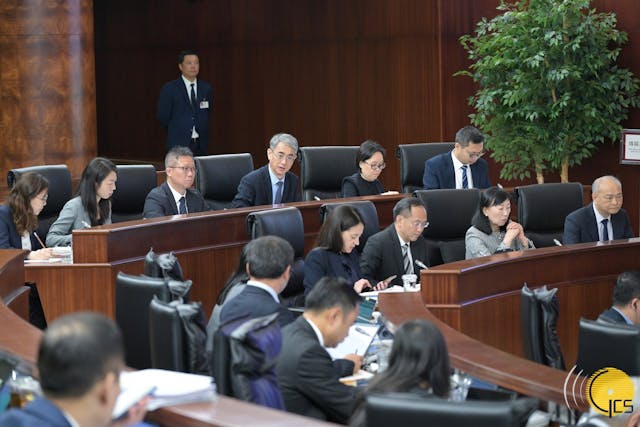
加強在職培訓 提升績效標準
首先,在特首闡述了政府的各項目標後,政府相關部門和機構最好應該制定出實現這些目標的時間表和關鍵績效指標。第二,要加強上、中、下的內部討論,讓各級公務員都有一個明確的目標。第三是要舉辦並加強在職培訓,讓各部門、各級公務員了解如何實施改革、如何達成改革目標。四是要重新制定績效考核標準,使考核標準與各部門、各單位的目標相符,以提升澳門內部問責的治理能力。
可以說,在新的施政理念、新的政策舉措、新的基建項目、新的跨部門協調等方面,澳門政府塑造了一個嶄新形象,接下來的挑戰便是如何增強政府的能力,並盡量縮小中基層公務員的執行差距。因此,公務員制度改革在以下三個方面仍然至關重要:為政府相關部門和機構設定可實現的目標、加強在職培訓,以及實施有效的績效評估,冀將個人績效與預期實現的目標聯繫起來。
伴隨公務員制度改革的內容將是官民部門之間的合作夥伴關係,特別是粤澳深度合作區的項目,這將是一個重要的合作領域,需要更強有力的政府領導、更好的政府規劃,以及政府對私人計劃的有效審查。
Macau’s new governing targets and capability
Recent events have shown that the Macau government under the leadership of Chief Executive Sam Hou Fai has already set new governing targets; nevertheless, the extent to which all these new targets can be achieved will depend on the content of civil service reforms, in which target setting, on-the-job training and performance appraisal will likely be the decisive factors shaping Macau’s governing capability.
On April 27, Chief Executive Sam Hou Fai participated in a press briefing facing some 100 reporters from Beijing, Guangdong, Hong Kong and Macau. His briefing was entitled “Opportunities meeting Macau”, and he made some important remarks in the press conference.
First, Macau’s five-year plan must grasp the golden opportunity of the central government’s process of deepening reforms. As such, Macau must utilise its uniqueness and geographical strengths to position itself as a crucial platform, base and centre to diversify its economy and to achieve four main projects.
Second, the four projects include an investment of MOP 20 billion to construct the university campuses in the In-Depth Cooperation Zone with Hengqin, where the University of Macau campus is under construction, and it represents the first attempt at building up the university campuses. The international education hub in the In-Depth Cooperation Zone will take several stages. In the long run, the international education hub will help cultivate more highly skilled talents for the development of the leisure and tourism industry.
The second project is promoting Macau as an international tourism and cultural district by fully utilising the geographical space between the Macau peninsula and the Taipa Island, and by building up the Macau Museum and Cultural Centre, the Macau International Performing Arts Centre and the International Contemporary Arts Centre. All these schemes will showcase Chinese culture and history as the mainstream elements, with the integration of Macau’s Eastern and Western cultures. All these projects will require an investment of MOP 12 billion and tenders will be invited in the coming two to three years.
The third project will be an extension of the Macau International Airport, where land reclamation will be made with an investment of MOP 6 billion. The hardware of the international airport will be improved, including the launch and landing areas. The main idea is to remake the international airport as a crucial platform and transit point for the western part of the Pearl River Delta, connecting with the Zhuhai International Airport so that the two airports will be complementary and supplementary to each other in the improvement of their logistic supply chains, the development of cross-boundary e-commerce and the coordination of an efficient transport network.
The fourth project will be an effort at striving for research and development enterprises from the mainland and overseas countries to establish their bases and branches in the In-Depth Cooperation Zone. The developmental model and its details will be hammered out later.
Third, Sam Hou Fai in his press briefing mentioned that, to enhance the Macau government’s capability of achieving all these projects and targets, six coordination committees have been established – a point that he has already mentioned in his recent policy address. He also emphasised that the Macau government will enhance its governing capability to improve the investment and business environment and to promote all the infrastructure projects in the In-Depth Cooperation Zone. In this way, Macau will integrate more fully with the Greater Bay Area and the mainland in its quest for economic diversification.
Chief Executive Sam Hou Fai is undoubtedly a leader of action. From April 27 to 28, he led a delegation of officials to visit Zhuhai, Zhongshan and Jiangmen, emphasising how the three mainland cities can help Macau while simultaneously stressing how Macau can and will assist them to be more outward-looking through its strong networks with Portuguese-speaking countries. In Zhuhai, Sam visited the artificial intelligence companies and put the emphasis on cultural and tourism cooperation. In Zhongshan, his emphasis was switched to the development of trade, the cooperation in biomedical and pharmaceutical industries, and the collaboration of cultural tourism and higher education.
Sam was interested in exploring with Zhongshan how Chinese medicine will be co-produced by Macau and Zhongshan. In his last stop at Jiangmen, Sam Hou Fai shifted to explore how both cities can develop cultural and tourism industries, enhance cooperation in the promotion of Jiangmen’s maritime resources, and stimulate municipal food industries. One thing was common in Sam Hou Fai’s visit to Zhuhai, Zhongshan and Jiangmen: Macau remains a crucial gateway for the three mainland cities to achieve win-win situation in municipal cooperation in the areas of cultural tourism, food industry and trade.
Analytically speaking, the four projects outlined in Sam Hou Fai’s press briefing to reporters in the mainland, Hong Kong and Macau went beyond his policy address, notably the development of the international higher education hub in the In-Depth Cooperation Zone. The details in the stages of development remain unclear and will have to be worked out by the Macau government. Moreover, the international and cultural tourism district between the Macau peninsula and Taipa Island will also need elaboration, not to mention the necessity of capital accumulation and private-sector investment.
While the expansion of the Macau International Airport will be more of an operational nature, the attraction of research and development companies from the mainland and other countries to station their headquarters and set up their branches in the In-Depth Cooperation Zone will likely take place beyond the five-year plan of the Macau government. As such, at least two of the four projects he outlined in the press briefing will be a long-term endeavour.
The Chief Executive has not delineated the details of how government capability will be enhanced, except for his reiteration of the six coordination committees. Compared with Hong Kong, where coordination work has been conducted and led by a batch of undersecretaries, the Macau government has not yet set up the posts of undersecretaries. Under these circumstances, the six coordination and leading committees set up by Sam Hou Fai are led by himself, the Chief Secretary and other secretaries. Yet, given the relatively small number of secretaries appointed by the Chief Executive, such coordination work appears to be quite heavy. If so, the senior civil servants heading various departments must play a crucial and an auxiliary role in cross-departmental coordination, which is and will be necessary in effective implementation of policy. In the long run, if the Macau government wishes to enhance its governing capability through stronger coordination, the setting up of new undersecretaries, alongside with the Hong Kong model of governance, may be considered.
The capability of the Macau government will also depend on the civil service reforms and their detailed content. Civil service reforms were implemented in Macau under the Portuguese rule and after December 20, 1999. Although all these reforms began with a blueprint, the results were difficult to assess, mainly due to the ambiguities in the criteria of measuring the progress and success of such reforms. Hence, in the content of the forthcoming civil service reforms, three issues will likely stand out as the most important yardsticks for measuring their progress and success.
First, after the Chief Executive has spelt out all the targets of governmental achievements, the government departments and agencies concerned should ideally work out a timeline and key performance indicators of how these targets will be achieved. Second, internal discussions at the upper, middle and lower levels will have to be fostered so that civil servants at various strata will have a clear idea of what they will be expected to achieve. Third, on-the-job training will have to be held and strengthened so that different departments and civil servants at various levels will understand how they can and will implement the reforms and how the targets will be achieved. Fourth, performance appraisal will have to be reshaped to match the appraisal criteria with the targets for various departments and units. In this way, the governing capability of Macau will be enhanced in an internally accountable manner.
In conclusion, the Macau government, led by Chief Executive Sam Hou Fai, has created an image of freshness in terms of new policy ideas, new policy initiatives, new infrastructure projects and new cross-departmental coordination. His political will to implement a whole range of reforms is crystal clear. The remaining challenges are how to enhance the government’s capability and to minimise the implementation gap at the middle and lower levels of the civil service. As such, civil service reforms will remain critical in the three areas of setting achievable targets for government departments and agencies concerned, enhancing on-the-job training and discussions, and implementing effective performance appraisals that link one’s performance with the targets that are expected to be achieved.
Accompanying the content of civil service reforms will be the partnership between the public sector and private sector, especially as private-sector companies and corporations will be encouraged and incentivised to invest in a whole range of projects, especially those in the In-Depth Cooperation Zone. If so, private–public partnership will be another important area of cooperation that necessitates stronger governmental leadership, better governmental planning, constant dialogue between the public and private realms, and effective governmental scrutiny of privately run projects. Overall, civil service and public sector reforms will be critical to the achievement of the targets laid out comprehensively by Chief Executive Sam Hou Fai.
原刊於澳門新聞通訊社(MNA)網站,本社獲作者授權轉載。(原文按此)





